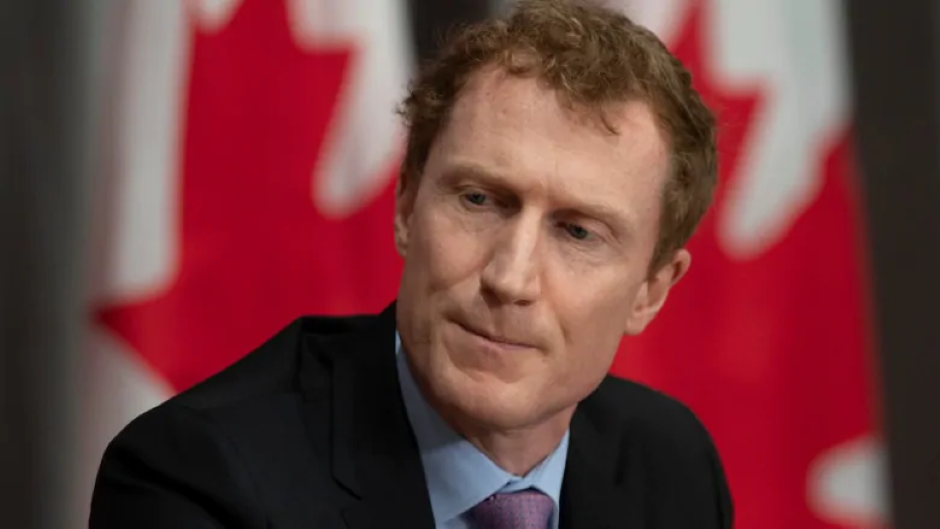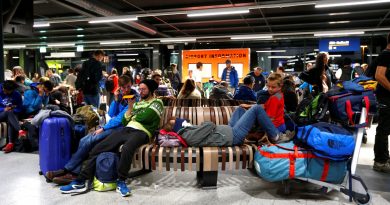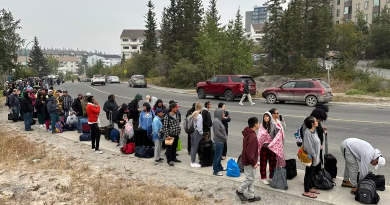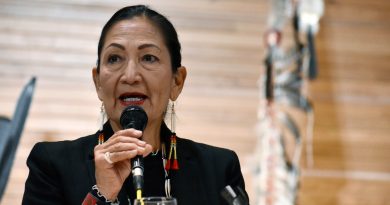Indigenous services minister announces $82.5M for COVID-19-related mental health needs

Indigenous Services Minister Marc Miller announced $82.5 million in new funding Tuesday for Indigenous communities to deal with increased mental health needs as a result of the COVID-19 pandemic.
The funding is aimed at expanding “culturally appropriate services” such as on the land, community-based programs, mental wellness teams, virtual counselling and substance use treatment services.
Miller said pre-existing, intergenerational trauma in Indigenous communities — as a result of residential schools and the current child welfare system — has been “exacerbated” by the pandemic.
“This has caused and increased mental health challenges for individuals and communities as a whole,” said Miller.
Miller said Indigenous Services Canada’s Hope for Wellness Help Line has received 10,000 calls and chats between this past January and April, a 178 per cent increase when compared to the same time period last year, which saw 3,602 calls and chats.
The First Nations Health Authority, which provides health services to First Nations in British Columbia, also reported that overdose deaths doubled between January and May 2020 when compared to the same time period the previous year.
Miller said the $82.5 million will be divided between First Nations, Inuit and Métis regional organizations, which will determine how the new money will be used.
Miller also said the department will also continue to support youth in the child welfare system who would have aged out of care during the current pandemic period, until March 2021.
To date, there have been 437 COVID-19 cases reported on-reserve, and 411 have recovered.
Miller said the department is also preparing to support communities as they plan for the reopening of schools — providing non-medical face masks for children and hand-sanitizing stations in schools.
Related stories from around the North:
Canada: New Inuit health module being developed at Montreal’s McGill University, Eye on the Arctic
Finland: Psychologists in Finland sign climate petition, citing concerns for youth mental health, Yle News
United States: Alaska capital budget vetoes to hit homelessness, addiction treatment, Alaska Public Media



